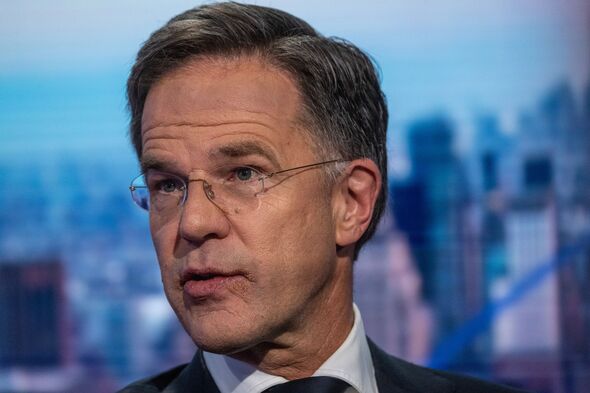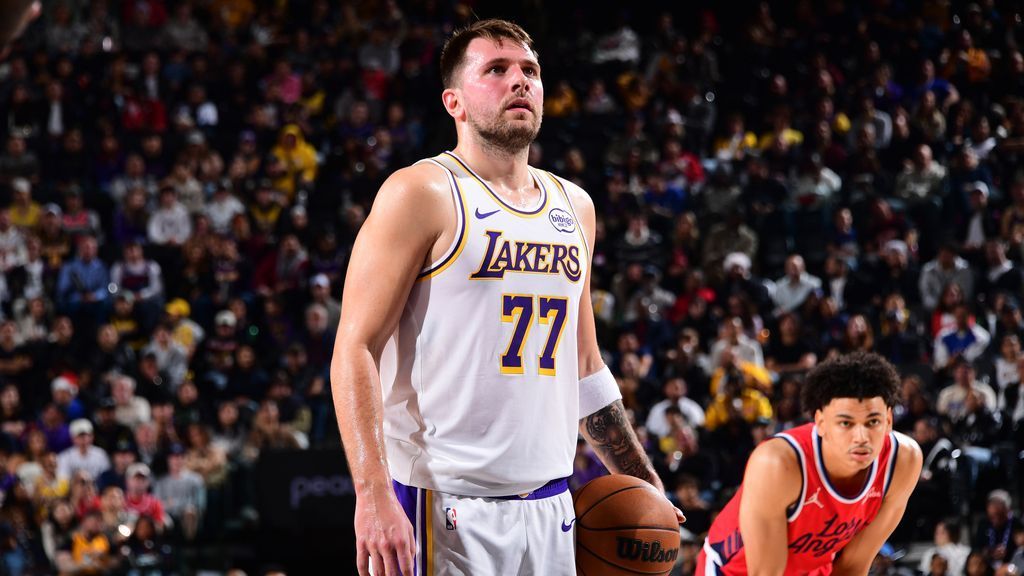NATO Chief Warns Putin Faces Domestic Revolt Over Oil Crisis

Ukraine’s recent attacks on Russian oil and gas refineries are escalating tensions within the Kremlin, according to NATO Secretary General Mark Rutte. Rutte emphasized that Russia’s heavy dependence on its petroleum industry creates unique vulnerabilities, particularly as these attacks have led to significant disruptions in oil supply. Estimates indicate that 17% of Russia’s oil supply has been compromised, which could have dire implications for domestic stability.
Ukraine’s Impact on Russian Energy Supply
During a panel discussion at West Point, Rutte outlined how Ukraine’s sustained efforts to target critical energy infrastructure have created a “considerable issue” for Russian leadership. He noted that while other nations, such as China, possess diversified economies, Russia’s reliance on oil and gas puts it in a precarious position. With queues forming at gas stations in Russia, Rutte warned that the potential for civil unrest is growing.
“If it happened in the U.S., you would have a revolution,” Rutte remarked. He suggested that the Russian public may not tolerate prolonged shortages of fuel, which could provoke significant unrest against President Vladimir Putin. Despite these challenges, Rutte acknowledged that the Russian populace has so far managed to cope with the escalating situation.
Ongoing Conflict and the Path to Negotiation
The conflict, which began with Russia’s invasion of Ukraine in February 2022, has now entered its third year, with no resolution in sight. Rutte cautioned against assuming that Ukraine’s recent successes could lead to a swift end to hostilities. “Putin shows no sign of ending the war,” he stated, highlighting the daily bombardments that Ukraine continues to face from Russian forces.
Rutte emphasized the need for increased pressure on Russia to encourage negotiations, asserting that “increasing pressure is the only way to get him to negotiate.” He further noted the importance of maintaining well-trained and equipped military forces, drawing parallels to historical conflicts where sustained effort was necessary for victory.
While Rutte expressed hope that a resolution might eventually be reached through diplomacy, he underscored the importance of ensuring that Ukrainian President Volodymyr Zelensky has assurances of his country’s security following any potential ceasefire.
The ongoing war illustrates the complexities of geopolitical conflict and the fundamental role of energy resources in national stability. As Ukraine continues its counteroffensive, the intricate relationship between military action and domestic sentiments within Russia remains a critical factor in the unfolding situation.






